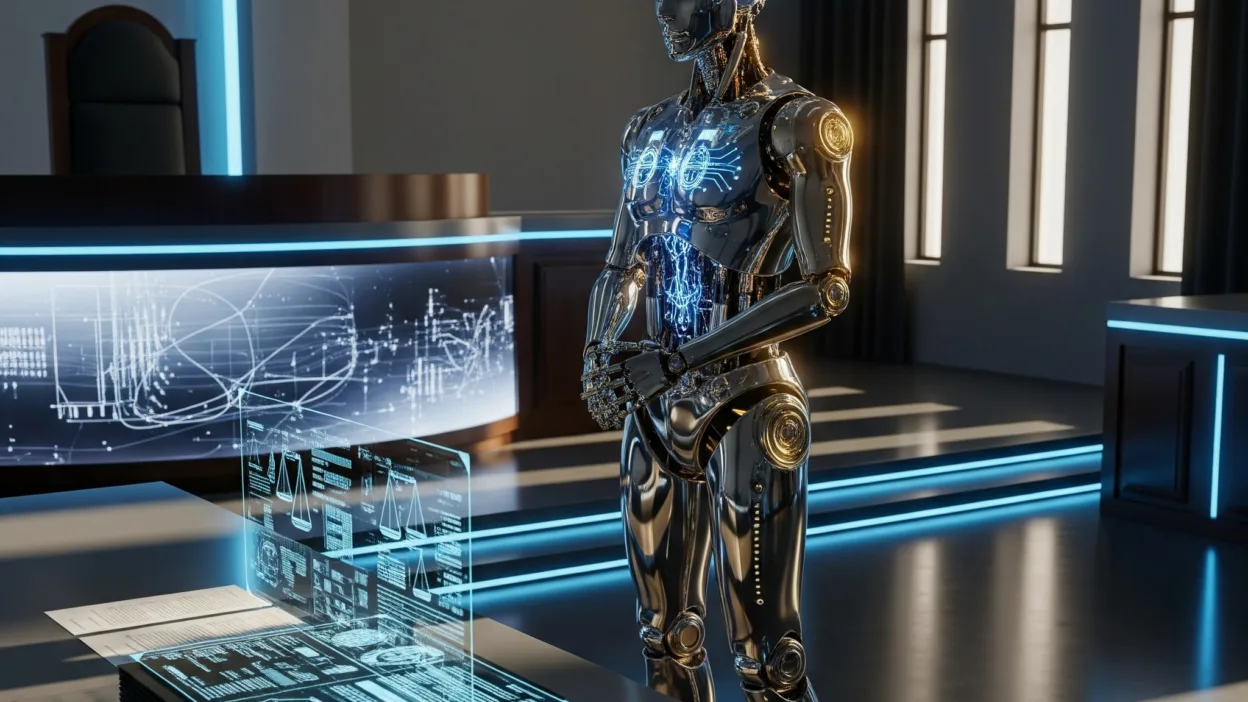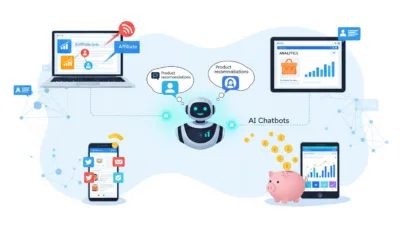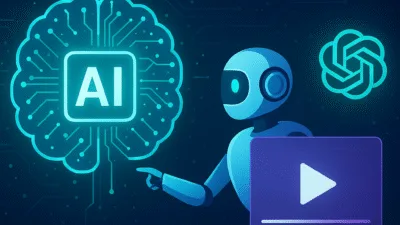Artificial Intelligence is advancing faster than any regulation can keep up with. From AI-generated deepfakes to autonomous systems making life-altering decisions, the legal system is falling behind in a race that could define the future of human rights, safety, and global stability. The need for new AI-focused legislation isn’t a theoretical debate anymore, it’s a global necessity.
The Pace of AI Development Is Outrunning Legal Systems
AI tools are no longer confined to research labs or tech companies. They’ve become household names used in hiring, healthcare, finance, entertainment, and national security. But while developers race to out-innovate one another, policymakers are still grappling with understanding what these systems do. Existing laws are being stretched to fit emerging realities, often leaving legal grey areas that expose citizens and creators alike to serious risk.
For example, there’s no clear international law that governs who owns the rights to AI-generated content. This has already led to disputes between artists and AI developers. In high-stakes scenarios like AI-powered medical diagnostics or autonomous driving systems, a legal vacuum can mean life or death consequences with no framework for accountability.
The Rise of Ethical and Safety Risks
One of the most pressing reasons we need new laws is the ethical unpredictability of advanced AI systems. Models like large language transformers and generative AI can be used to spread misinformation, impersonate individuals, or reinforce harmful biases. As AI becomes more integrated into social infrastructure, the absence of a legal safety net could lead to mass exploitation and unintended societal damage.
The rapid proliferation of deepfakes and AI voice cloning has made identity theft and misinformation campaigns easier than ever. Without updated legislation, victims have limited recourse and law enforcement agencies lack the legal tools to act swiftly.
Global Disparities Widen Without Harmonized AI Laws
Countries like the United States, China, and those in the EU are all pursuing vastly different approaches to AI regulation. This fragmented landscape creates loopholes that bad actors can exploit by operating across jurisdictions. A lack of uniform laws also stifles innovation for startups who fear unknowingly violating unclear or conflicting legal frameworks.
Establishing universal AI standards is critical. Just like we have global agreements on nuclear arms or climate change, the AI revolution requires a cohesive global strategy backed by enforceable laws. Otherwise, we risk entering a digital arms race where safety and ethics are afterthoughts.
What New AI Laws Should Address
Policymakers must consider AI-specific legal reforms in areas like:
- Data ownership and consent: Who owns the data that trains AI? Can users opt out?
- Accountability and liability: Who is responsible when AI causes harm?
- Transparency: Should companies be required to disclose when content or decisions are AI-generated?
- Bias and fairness: How can laws ensure AI doesn’t reinforce discrimination?
- Intellectual property: What protections should exist for human creators in an AI-driven world?
Without these guardrails, the legal ambiguity will only increase as AI capabilities expand. The technology will evolve, with or without regulation but the impact of choosing to wait may be irreversible.
The Role of Creators, Users, and the Public
Governments aren’t the only ones responsible for pushing new laws. Creators, digital entrepreneurs, and the public must also advocate for AI transparency and accountability. As AI touches more areas of our daily lives, people have a right to know when they’re interacting with a machine, how their data is used, and what recourse they have when things go wrong.
Tech companies should also be incentivized to build ethical systems from the start. Compliance with future AI laws shouldn’t be seen as a hurdle, but as a trust-building strategy in an age of growing skepticism.
Final Thoughts
AI is not going away, it will only become more powerful. But with great power comes the need for great responsibility, and that must begin with legal frameworks that reflect the new digital reality. New AI laws are not just overdue, they’re essential for protecting democracy, human rights, and the integrity of the digital world.
If we wait too long, the rules may be written by those who profit most from chaos.



